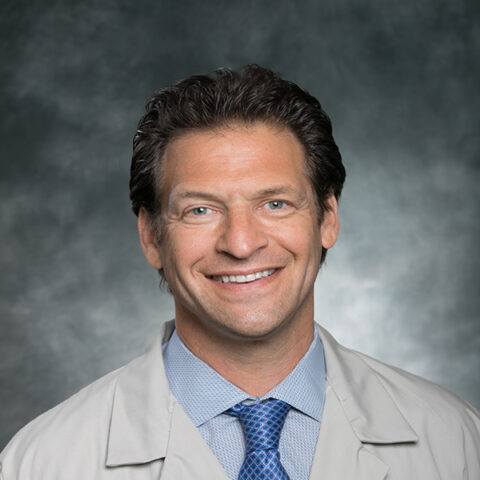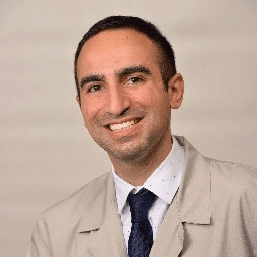Vein Center
Venous Disease is More Than Cosmetic
The NCH Vein Center specializes in the diagnosis and treatment of spider veins, varicose veins and other forms of venous disease.
These conditions are more than cosmetic concerns, and often cause pain, reduce quality of life and can signal underlying medical conditions. We work with our patients to address the root cause of vein disease and provide long-term solutions.
Using the latest minimally-invasive vein treatment options, we perform most treatments in our office without the need of anesthesia, allowing many patients to resume normal activities the same or next day.
Dr. Oblonsky, Premier Vein Center, is now a part of Northwest Community Hospital.
Conditions We Treat
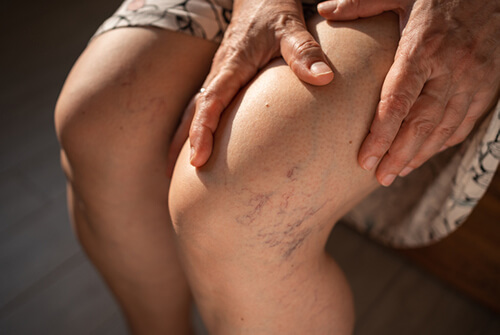
Spider Veins
Groups of small, tangled blood capillaries visible just under the skin surface. They rarely cause physical symptoms and do not require medical intervention, but can be treated for cosmetic reasons.
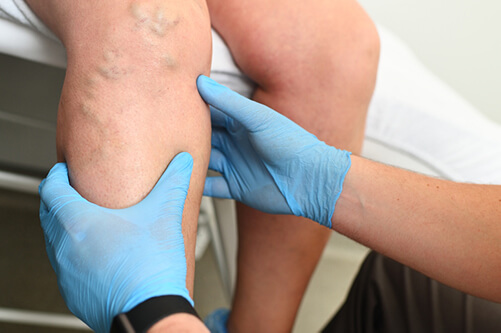
Varicose Veins
Large, swollen and/or deformed veins caused by venous reflux disease. They may bulge above the skin surface and most frequently form in the legs, ankles and feet. In severe cases, varicose veins can be indicators of serious circulatory problems, producing blood clots or skin ulcers that require immediate medical attention.
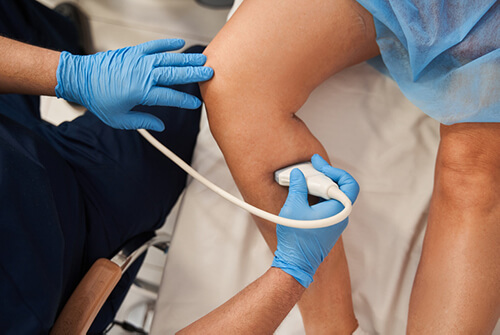
Venous Reflux Disease
Also known as chronic venous insufficiency (CVI), venous reflux disease is when the tiny valves responsible for driving blood to the heart do not function properly. This can lead to blood pooling in the legs, often forming varicose veins.
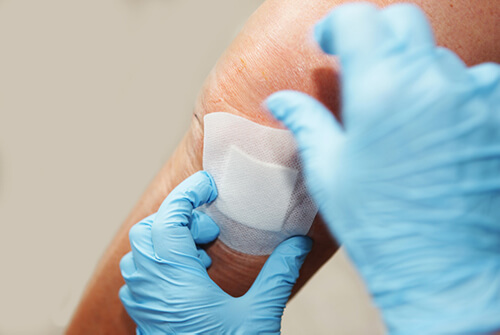
Venous Ulcers
Venous ulcers are leg wounds caused by venous reflux disease. When damaged vein valves allow blood to back up in the legs, it can cause superficial (top layers of skin) or deep wounds that require medical attention.
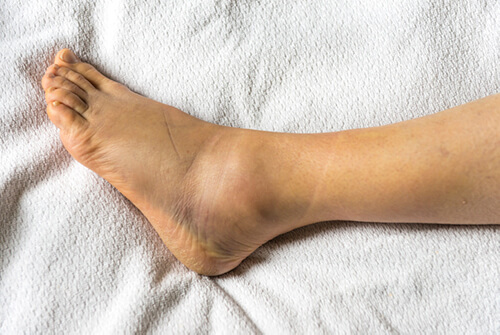
Incompetent Perforators
Perforator veins move blood from the superficial venous system to the deep venous system to return it to the heart using one-way valves. When those valves no longer function properly, the buildup can cause the superficial veins and perforators themselves to become incompetent, leading to an increased risk of edema, skin discoloration, dermatitis and skin ulcers.
Treatments
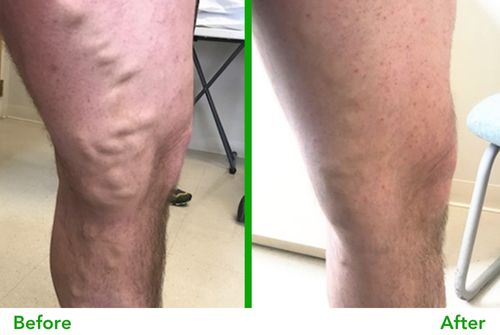
VENASEAL™ CLOSURE SYSTEM
Uses a proprietary medical adhesive to close the vein, eliminating the risk of nerve injury sometimes associated with certain thermal-based procedures when treating the small saphenous veins.
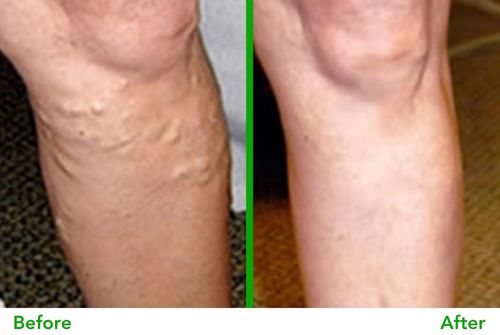
CLOSUREFAST™ PROCEDURE
Uses a catheter equipped with radiofrequency energy to precisely and effectively treat patients suffering from venous reflux disease in the saphenous veins.
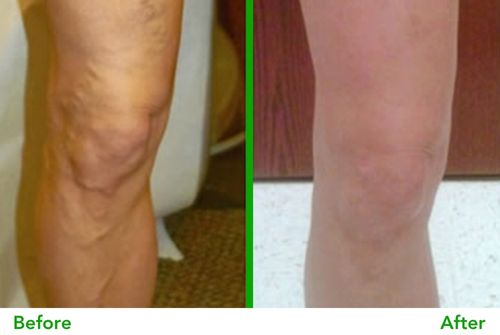
RADIOFREQUENCY PERFORATOR ABLATION (RFPA)
RFPA uses radiofrequency energy to close incompetent perforator veins and treat venous reflux disease.
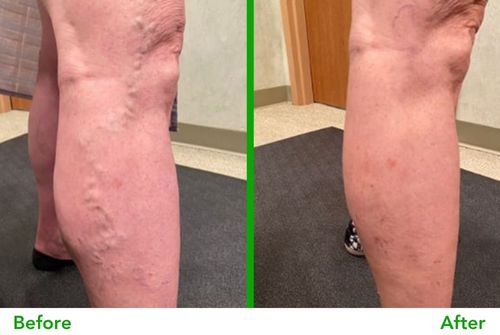
SCLEROTHERAPY
A minimally invasive procedure for spider and varicose veins. A specialized solution is injected into the area to seal veins shut. Vein disorders deep beneath the skin surface may also benefit from utilizing ultrasound to visualize the area during the procedure (ultrasound-guided sclerotherapy).
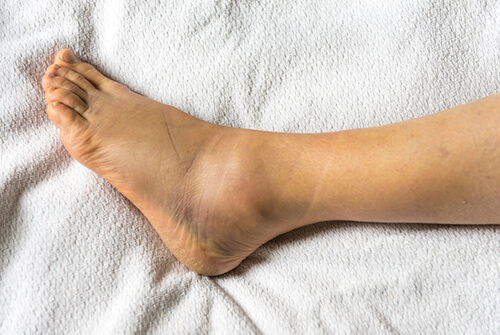
COMPRESSION THERAPY
Compression stockings can provide patients with relief from symptoms of venous conditions by helping move blood toward the heart, but they will not treat the underlying conditions.
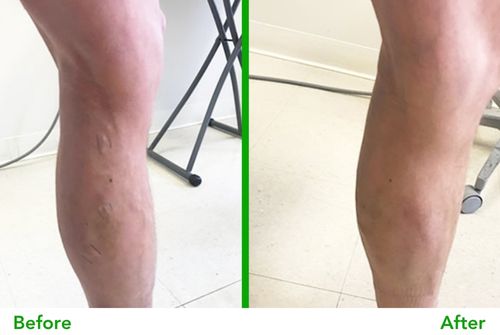
VARITHENA®
A minimally invasive, non-surgical varicose vein treatment. During the procedure, a polidocanol foam is injected directly into the affected area to collapse the veins. It does not require any incisions or general anesthesia and can be completed in office in less than an hour.
Treatment Locations
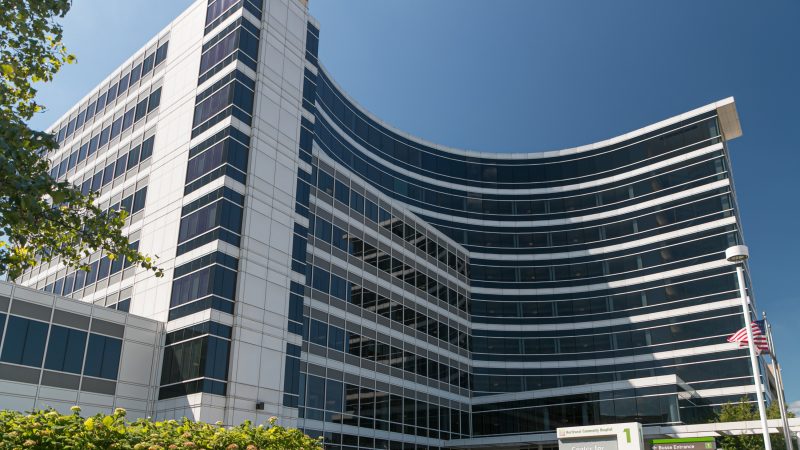
880 West Central Road
Suite 7100
Arlington Heights, IL 60005
847-618-1740 847-618-3809
X.X mi

